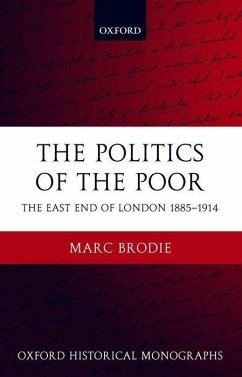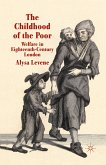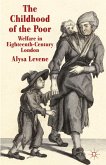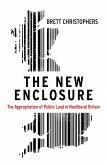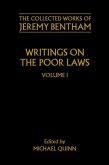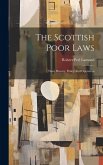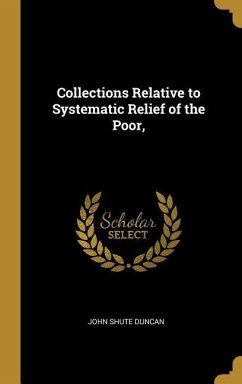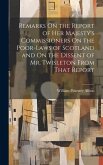This book is about the political views of the 'classic' poor of London's East End in the late Victorian and Edwardian periods. The residents of this area have been historically characterized as abjectly poor, casually employed, slum dwellers with a poverty-induced apathy toward political solutions interspersed with occasional violent displays of support for populist calls for protectionism, imperialism, or anti-alien agitation. These factors, in combination, have been thought to have allowed the Conservative Party to politically dominate the East End in this period. This study demonstrates that many of these images are wrong. Economic conditions in the East End were not as uniformly bleak as often portrayed. The workings of the franchise laws also meant that those who possessed the vote in the East End were generally the most prosperous and regularly employed of their occupational group. Conservative electoral victories in the East End were not the result of poverty. Political attitudes in the East End were determined to a far greater extent by issues concerning the 'personal' in a number of senses. The importance given to individual character in the political judgements of the East End working class was greatly increased by a number specific local factors. These included the prevalence of particular forms of workplace structure, and the generally somewhat shorter length of time on the electoral register of voters in the area. Also important was a continuing attachment to the Church of England amongst a number of the more prosperous working class. In the place of many 'myths' about the people of the East End and their politics, this study provides a model that does notseek to explain the politics of the area in full, but suggests the point strongly that we can understand politics, and the formation of political attitudes, in the East End or any other area, only through a detailed examination of very specific localized community and work
Hinweis: Dieser Artikel kann nur an eine deutsche Lieferadresse ausgeliefert werden.
Hinweis: Dieser Artikel kann nur an eine deutsche Lieferadresse ausgeliefert werden.

